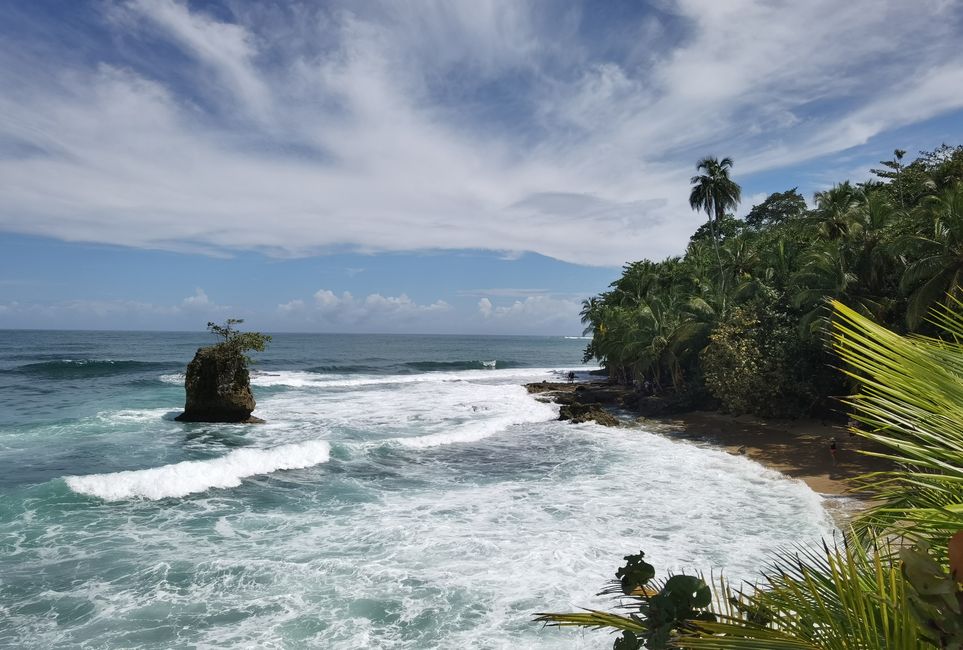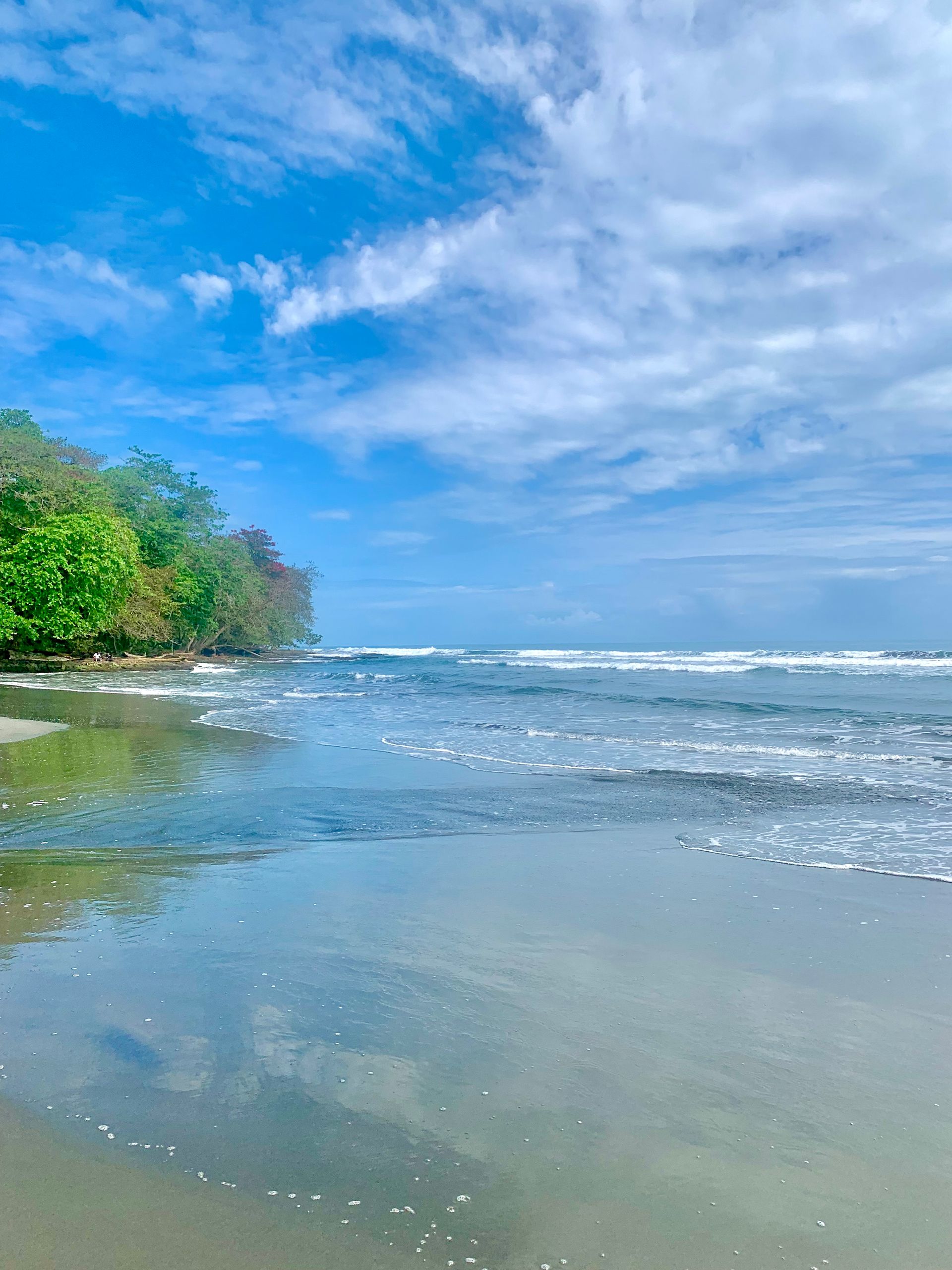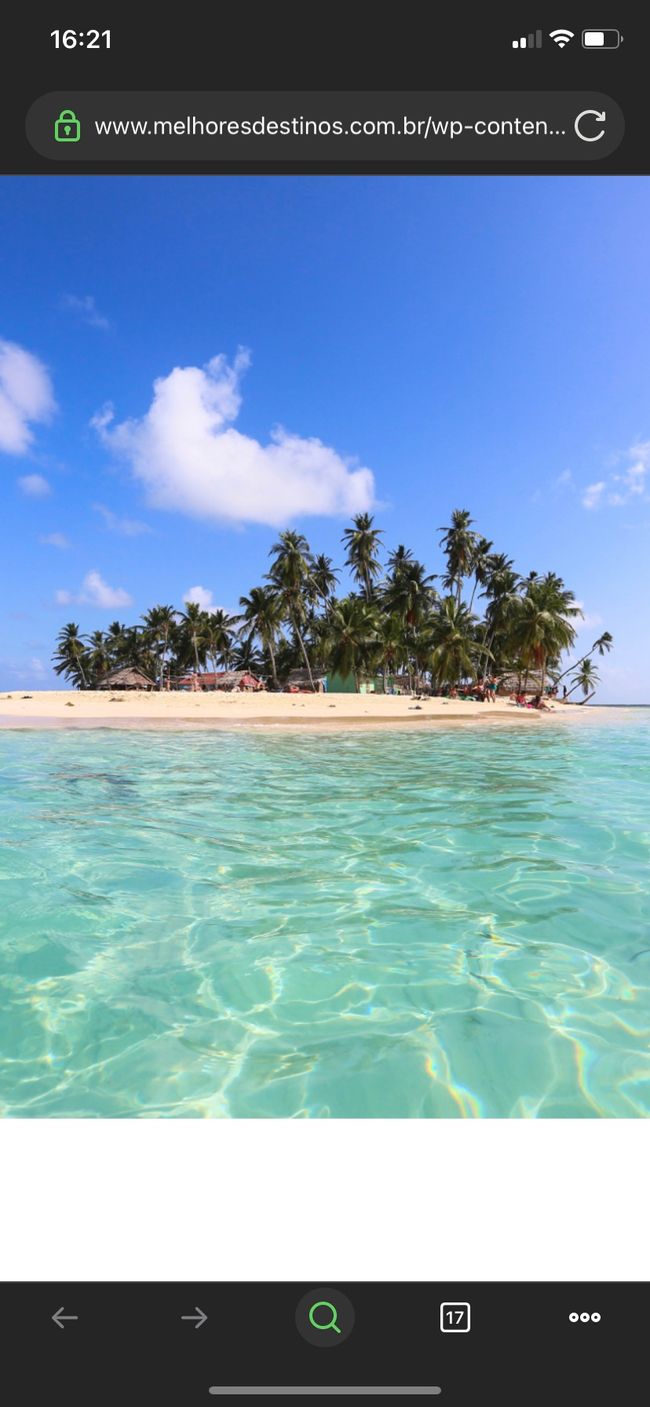welcome to paradise
Tihchhuah a ni: 19.03.2023
Newsletter hi subscribe ve rawh
After the hook, I now have your attention and since we're all gathered here, I'll raise some awareness about traveling. Animals and nature are the topic:
In almost every tourist place, all kinds of attractions are offered, which sometimes, only upon closer inspection, are pretty bad for the ecosystem.
One very popular thing, for example, is horse riding. In almost every larger beach, there's a guy running around with three or four horses, trying to persuade people to ride them for an hour. The animals often stand on the beach all day and are frequently equipped with devices to hold the horse manure, so it doesn't fall on the beach, but is kept in a bag attached to the animal. Basically a horse diaper that is emptied once a day. Additionally, everyone gets on a horse - while horse riding could generally be questioned, nobody needs any form of prior knowledge or experience, and that is evident. For the animals, it's actually just torture.
Another popular attraction is dolphin watching. Sounds cool at first, but in about 90% of the cases, it turns out to be more or less a chase. The guides want to provide a close-up experience and everyone in the boat is usually thrilled - who wouldn't want to swim with dolphins? But the families are often startled by the engines and chased by the boats, which is pure stress for the animals. Not every encounter can be forced.
The reserves and reefs are a whole different category. In both cases, on one hand, you should always make sure to choose local guides, in order to keep the money in the area, but on the other hand, capitalism often leaves behind humanity. That means, boundaries are broken for the experience, and especially closeness is created, to the animals, to the reefs. Many guides have training and engage in eco-tourism, educating and maintaining distance from (wild!!) living animals. It's not a zoo (which should also be abolished) and every living being needs its own space, for the protection of all. There are creatures that can defend themselves if something doesn't suit them.
Since a certification is required for diving, it is usually a safe activity, but snorkeling is different. Here, too, the rule is to just observe, not touch anything, not everything wants to be touched. You can admire beauty without being a part of it and above all, without taking a piece of it.
It's also important to choose a good guide who can correct participants' behavior if necessary. After all, it shouldn't be that with each new tourist, the life of the place gets shorter.
Fish also have feelings, like all other marine creatures. The biggest enemy of the marine world is industrial fishing - to simplify, everything except for personal consumption. So all those cute turtles and whales and dolphins die miserably because of salmon fillet on the plate (yes, even in tourist areas and yes, at home too).
Another point is exploring deserted beaches on your own. Apart from the fact that most beaches are far from deserted, you should always check beforehand if the beach or region you want to go to is a nesting beach. Especially in relation to turtles. In many countries, not all beaches and nesting sites are regulated, which means you can check beforehand if it's nesting season or laying season and if it's generally a good idea to go to that place. For us, it's a place to sunbathe, but for many animals, it's part of their habitat and literally, a birthplace.
Eco-tourism can be tricky, but it's very possible. Just ask yourself if the attraction would be cool from the animal's point of view and keep your eyes open when choosing the provider and the guide.
Ps I have no idea what's wrong with the formatting.Newsletter hi subscribe ve rawh
Chhanna

Khualzin report Costa Rica ram a ni


